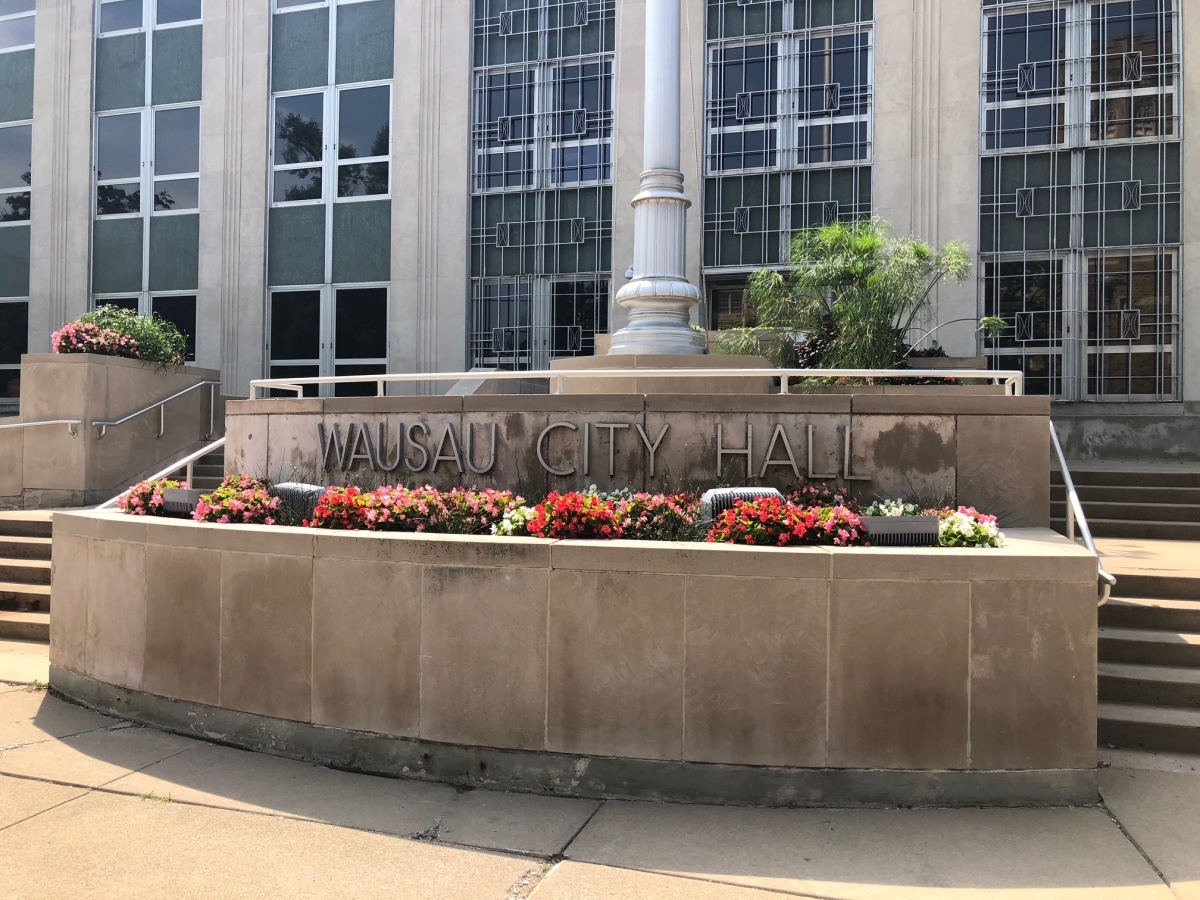By Shereen Siewert
A proposed Environmental Justice initiative in Wausau is drawing opposition from the Greater Wausau Chamber of Commerce, a group whose mission is to strengthen businesses and “enhance our community by building business success.”
The Environmental Justice resolution would be the first of its kind in Wisconsin, but has been passed in cities around the nation. The resolution, approved in March by the Liberation and Freedom Committee, asks Wausau to support an “equitable share of environmental benefits and community assets in all neighborhoods…that enhance the quality of life, such as parks and open spaces, trees, natural areas, community gardens, and the riverfront, as well as equal access to the city’s environmental and infrastructure investments” that support health and a sense of community.
But last week the Greater Wausau Chamber of Commerce sent an email to their members opposing the resolution, saying that there is “no evidence” of residents being affected by environmental pollution.
Wausau’s environmental engineer, Kevin Fabel, in a memo to council members said there are “zero” instances in which minority or low-income groups have been disproportionately affected by environmental consequences in the city. Fabel, who has been environmental engineer for Wausau for more than eight years, rejected the idea that any minority groups or low-income neighborhoods have been disproportionately affected by the environmental issues that plague the city.
But that directly contradicts a 2012 application from Wausau that secured federal funding for brownfield cleanup. The city’s own application to the Environmental Protection Agency for a $200,000 Brownfields Planning Grant points specifically to the disproportionately high numbers of minority residents – Hmong in particular – and residents experiencing “various forms of economic distress”who were impacted by the East Riverfront District. The grant, signed by then-Economic Development Director Ann Werth, sought $200,000 in federal funding for environmental cleanup in the district based in part of the demographic makeup of the Census Tract.
In the city’s application, Werth referred to studies documenting a wide variety of risk factors that significantly increase the Hmong population’s potential for being exposed to environmental contamination through ingesting locally caught fish containing high levels of PCBs, along with intensive gardening on urban plots with high incidences of contaminants in near surface soil. Further, Werth noted a “cultural tendency” of growing food at home that makes the Hmong population more susceptible to environmental hazards by consuming their own food in potentially tainted soil.
The Chamber called the concept of environmental justice “nebulous” and said the resolution is nothing more than an “excuse to change the zoning code to punish businesses.”
Emails to Chamber CEO David Eckmann by Wausau Pilot & Review seeking comment have gone unanswered.
Chair of the Public Health and Safety Committee, Lisa Rasmussen, who opposed the resolution, said the measure would go to the Common Council on a mixed recommendation from the committee. As per city rules, any resolution that goes through a committee, is sent to the full council regardless of whether the proposal passes or fails. The council then decides to adopt or reject the measure.
The full council will vote on the resolution on Tuesday.

